In 1979, Francis Ford Coppola gave us Apocalypse Now—a cinematic masterpiece born from a production so traumatic it scarred everyone involved. Video games, it turns out, share this uncanny talent for psychologically tormenting their creators. Whether derailed by corporate sabotage, crushed under development hell, or twisted into something the designer never intended, these brilliant games became sources of profound regret for the very minds that birthed them. But hey, if the creators won’t love their own masterpieces, we’ll gladly shower them with adoration instead. After all, who else will appreciate the art born from chaos? 😅
8. Shadows of the Damned
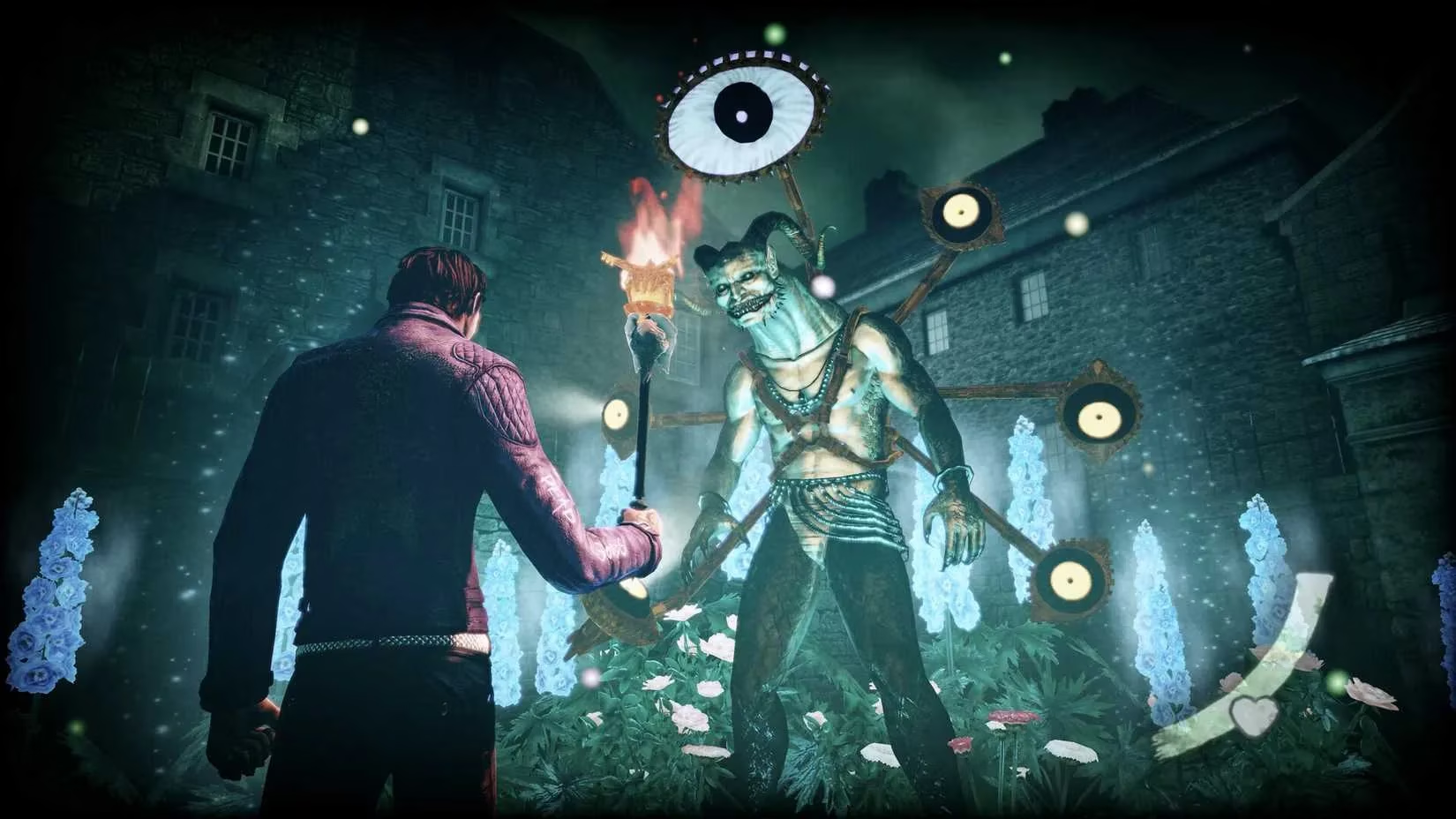
Suda51—the punk-rock auteur of gaming—teamed up with Resident Evil legend Shinji Mikami for what should’ve been a dream collab. Enter EA: the corporate grim reaper. Promises of creative freedom evaporated faster than a ghost in sunlight. Mikami later accused EA of lying about loving Suda’s vision, demanding rewrites until the game became unrecognizable. 💀 The result? A commercial flop that left Suda heartbroken. Yet, beneath the corporate carnage? Razor-sharp combat and gloriously absurd demon-slaying. Suda’s worst day still outshines most designers’ best.
💡 People Also Ask: Why did EA sabotage Shadows of the Damned?
Corporate cold feet. EA wanted mainstream appeal, gutting Suda’s signature weirdness until it felt generic.
7. Flappy Bird

Nguyễn Hà Đông just wanted to make a chill time-waster. Instead, he birthed a digital crack epidemic. As millions rage-quit over pixelated pipes, Nguyễn drowned in guilt. His tearful Twitter meltdown—'I cannot take this anymore'—ended with him yanking the game offline. Irony alert? The game he hated for its addictiveness funded his early retirement. Fast-forward to 2024: a soulless reboot by Gametech Holdings flopped harder than a bird hitting a pipe. Moral: Sometimes success tastes like burnt toast. 🍞
6. Fable 2
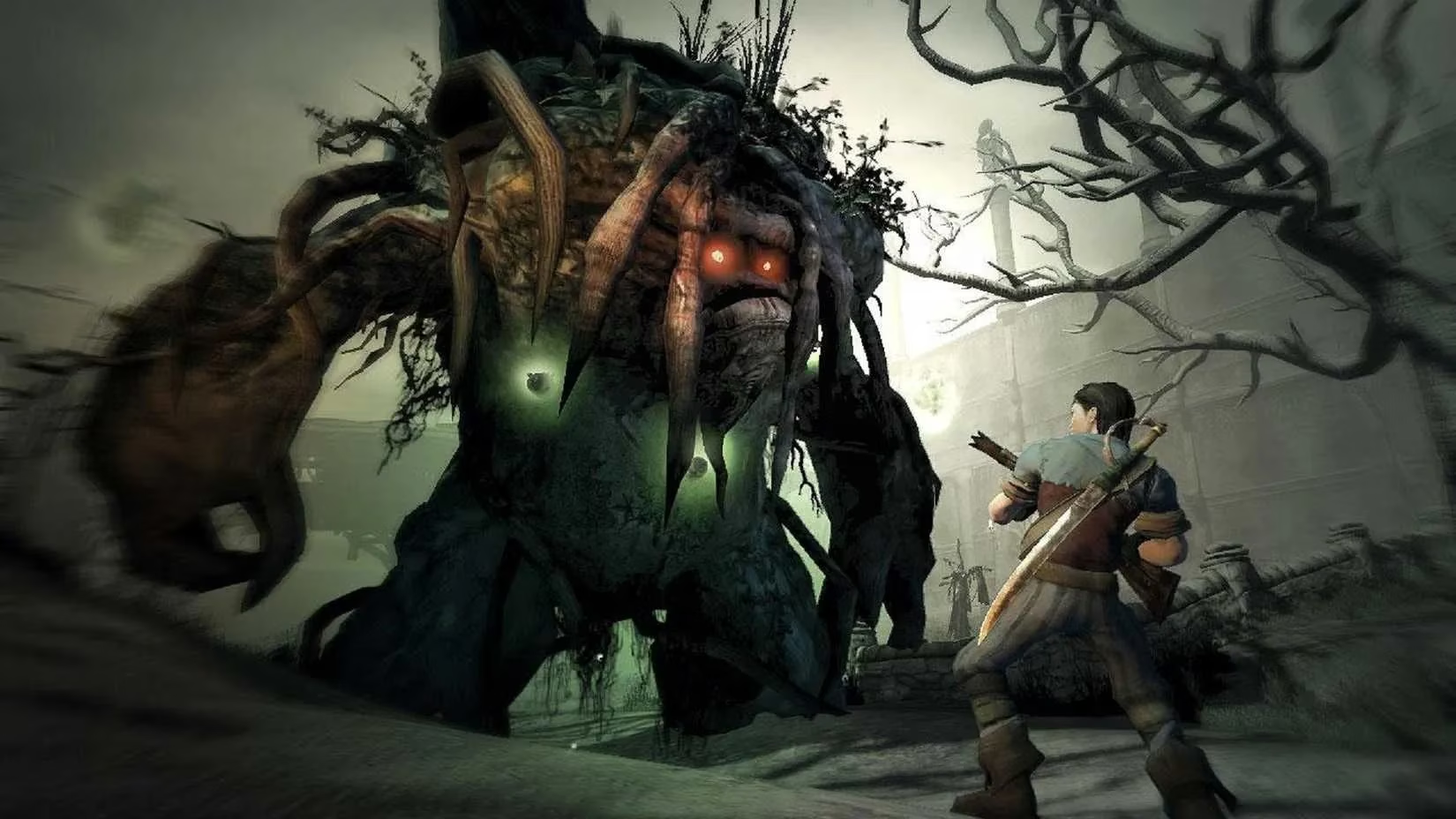
Peter Molyneux—gaming’s king of overpromising—somehow became Fable 2’s harshest critic. He called it 'terribly messy,' blaming rushed deadlines that birthed bugs so legendary, they made coffee breaks mandatory during loading screens. 👑 Yet players adored its quirky charm, emotional story beats, and the ability to marry a balding farmer for giggles. Molyneux’s grumbles? A symphony of hypocrisy. If only he’d embraced the chaos instead of complaining about it!
💡 People Also Ask: Why is Fable 2 considered the series’ best despite its flaws?
Simple: It perfected the balance of humor, heart, and head-cracking combat Molyneux always chased.
5. Resident Evil 4
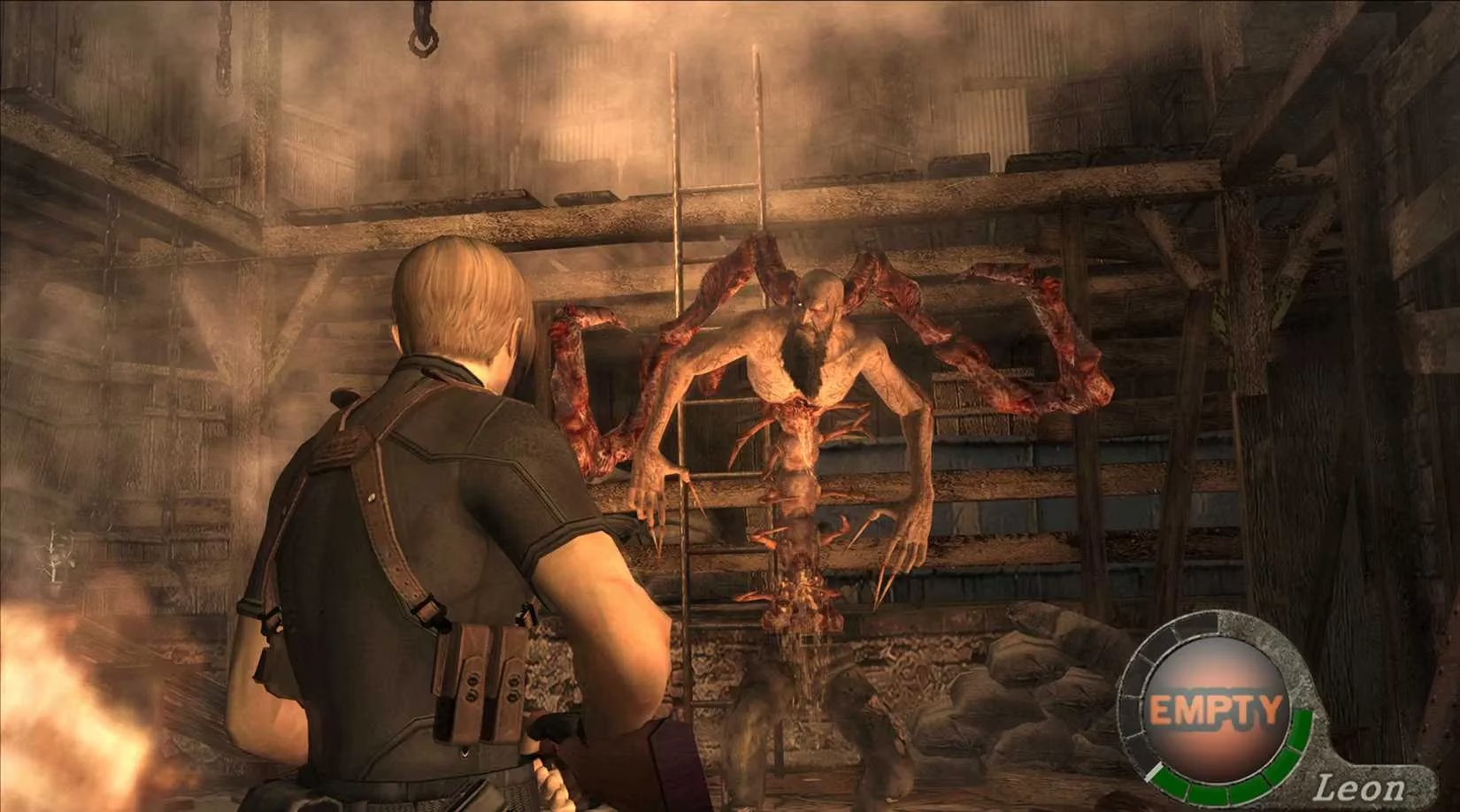
Shinji Mikami revolutionized horror with Resident Evil… then spent his 'prime years' trapped in its gilded cage. By RE4’s launch, he’d morphed from creator to producer—a role he likened to creative death. 😩 In a 2022 interview, he lamented losing a decade of potential innovation. But gamers? We got laser-sighted terror, suplexing cultists, and the birth of action-horror. Sorry, Mikami—your sacrifice gave us chainsaw-wielding maniacs. Was it worth it? Checks sales figures Absolutely.
4. Battlefield 3
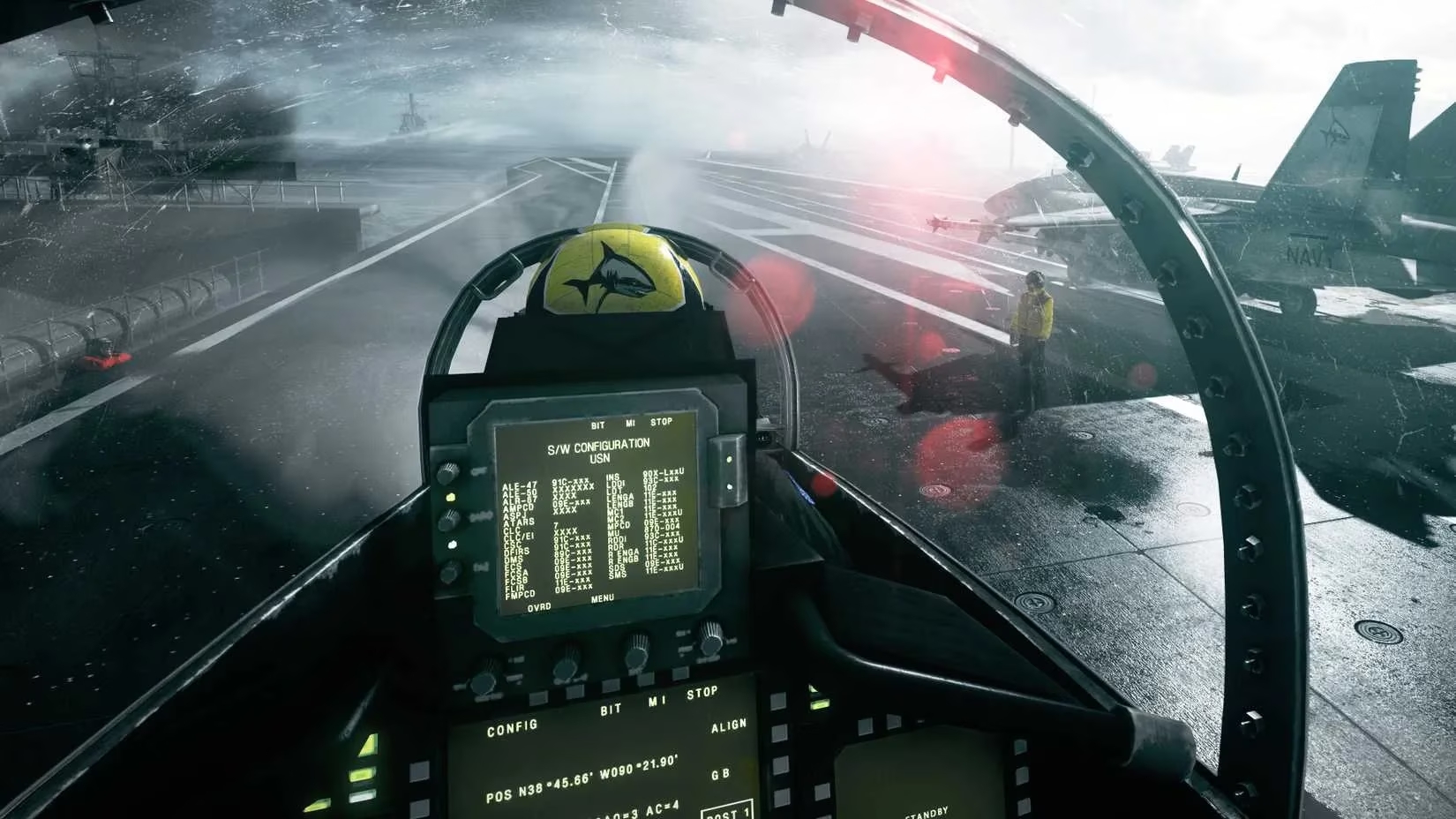
Writer David Goldfarb still winces at Battlefield 3’s campaign—a project that gave him more internal drama than a reality TV show. Critics initially panned it, but players fell hard for HALO jumps into Tehran and tank chaos. Fast-forward to 2025: BF3’s gritty ops are cult classics, while its sequels flail trying to replicate its magic. Goldfarb’s trauma? Our gain. Nothing beats storming a nuclear silo while your CO yells clichés. 🎮
3. Spec Ops: The Line
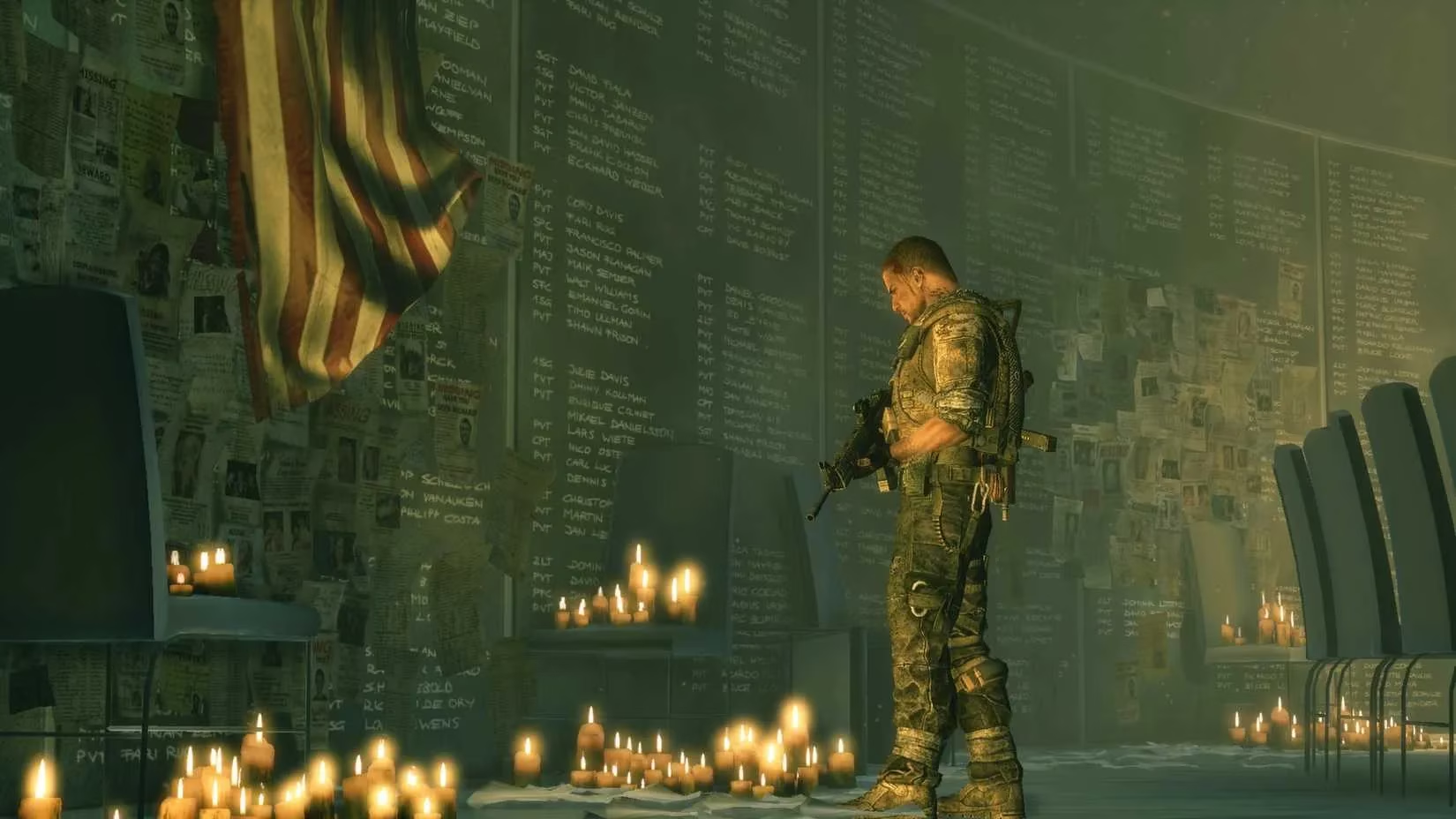
Narrative designer Walt Williams once swore he’d 'eat broken glass' before making another Spec Ops. Why? 2K forced a tacked-on multiplayer mode that lead designer Cory Davis called a 'low-quality Call of Duty clone.' The development was so brutal, it mirrored the game’s own descent into madness—inspired, like Apocalypse Now, by Heart of Darkness. Players became complicit war criminals, questioning every bullet fired. Painful? Yes. Masterful? Undeniably. Too bad licensing hell now hides this gem like buried treasure. 💎
💡 People Also Ask: Why is Spec Ops: The Line so hard to buy legally?
Expired music licenses and publisher disinterest left it stranded in legal limbo.
2. STALKER: Clear Sky
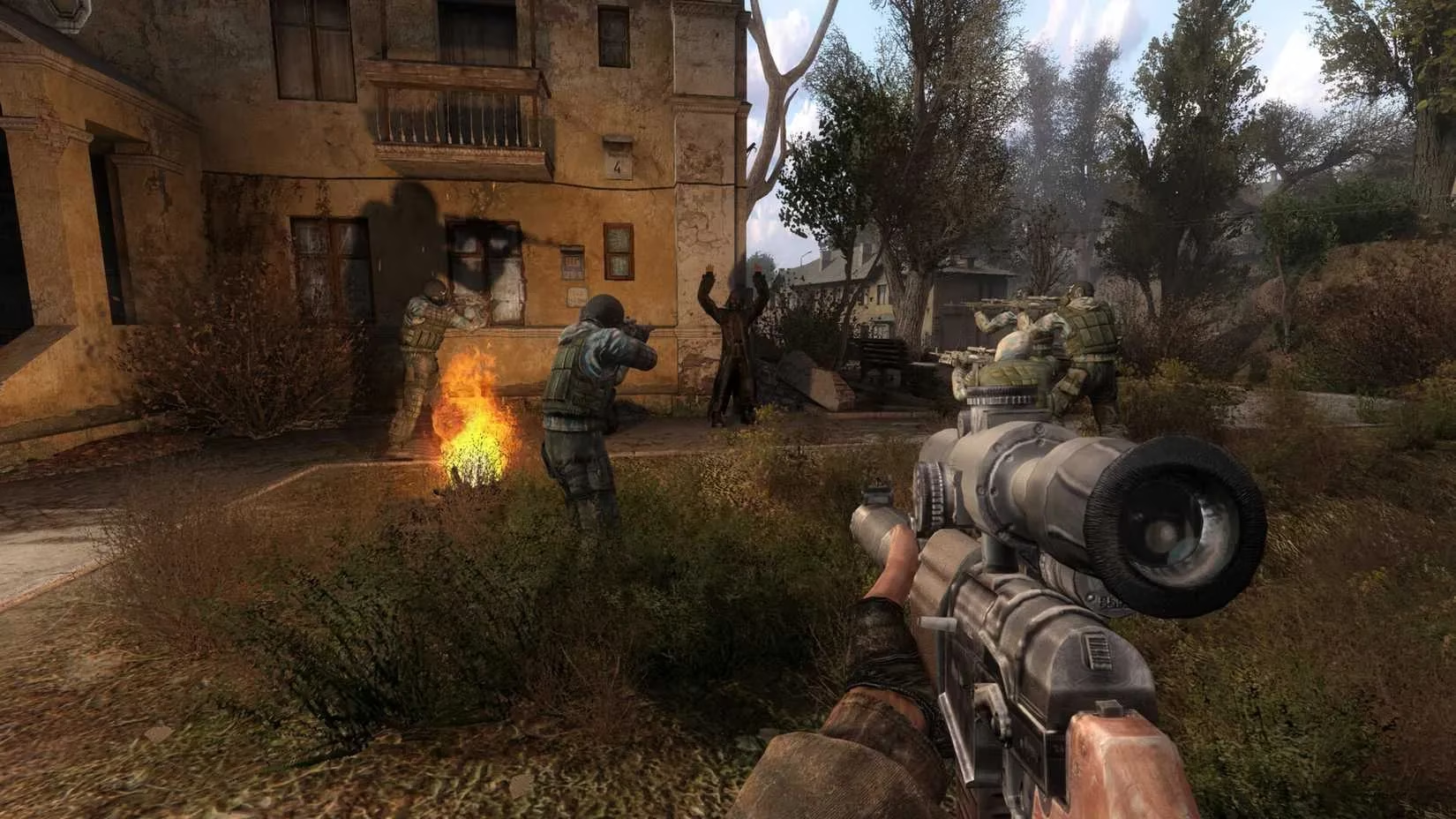
GSC Game World’s original Shadow of Chernobyl team quit post-launch, leaving skeleton crews to churn out sequels. Clear Sky? A 'rehash' of their uncompensated genius, slapped with faction gimmicks. Yet players cherished its radioactive wastelands anyway—proving even leftovers can taste divine when microwaved with mutant dread. 🧟♂️ The ex-dev bitterness is palpable, but hey, we got more anomalies to explore. Win-win?
1. Metal Gear Solid V: The Phantom Pain
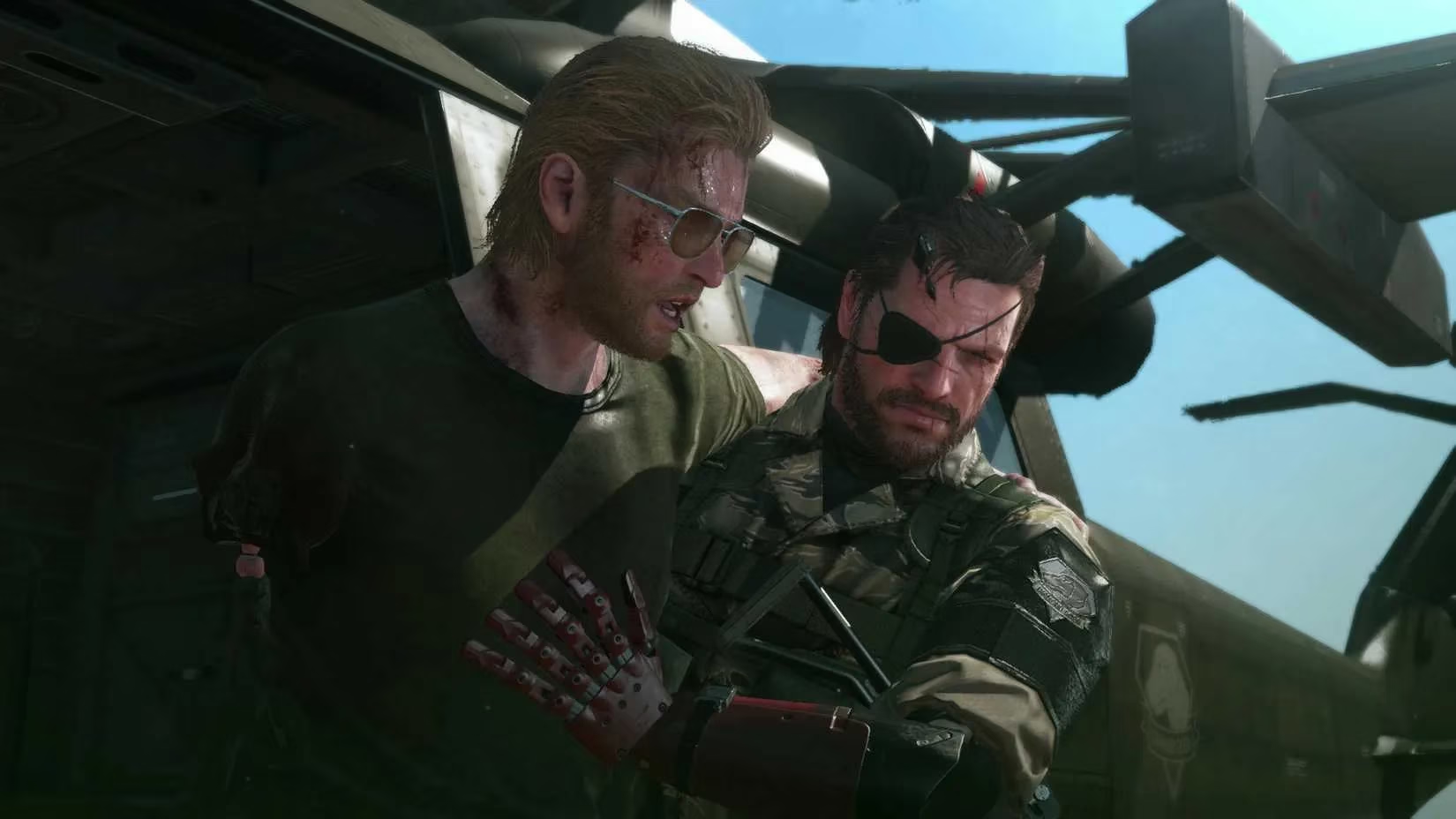
Hideo Kojima’s $80 million breakup letter to Konami. Unfinished, according to him. A feud so nasty, it axed David Hayter’s iconic Snake voice. The second half’s repetitive missions? A bleak commentary on war’s futility—go, kill, get paid, repeat. Kojima’s trauma birthed gaming’s smartest stealth sandbox, complete with rocket-fist unicorns. 🦄 Konami’s pettiness couldn’t kill its genius. Phantom Pain’s legacy? Proof that art thrives in dysfunction.
So here we are—celebrating games born from broken dreams and corporate fistfights. Coppola’s Apocalypse Now parallels linger: greatness often emerges from agony. These creators may disown their digital offspring, but we’ll keep replaying, remastering, and reminiscing. After all, if they won’t love their beautifully flawed monsters, we’ll adopt them gladly. Who needs parental approval when you’ve got headshots and moral ambiguity? 🔫✨
 AdvGamer
AdvGamer